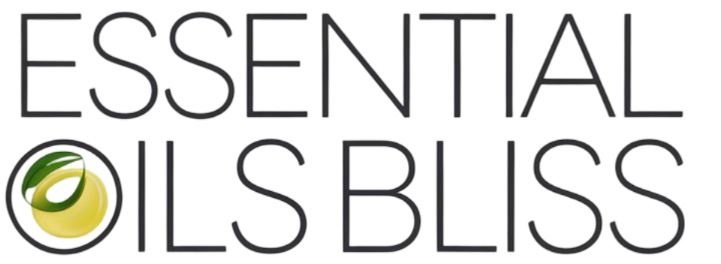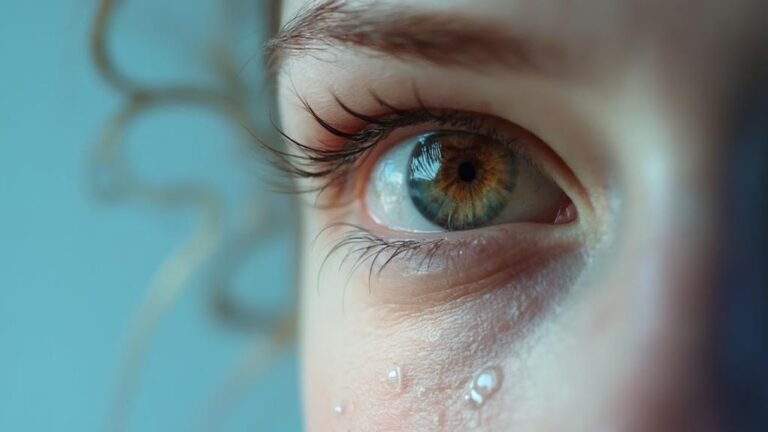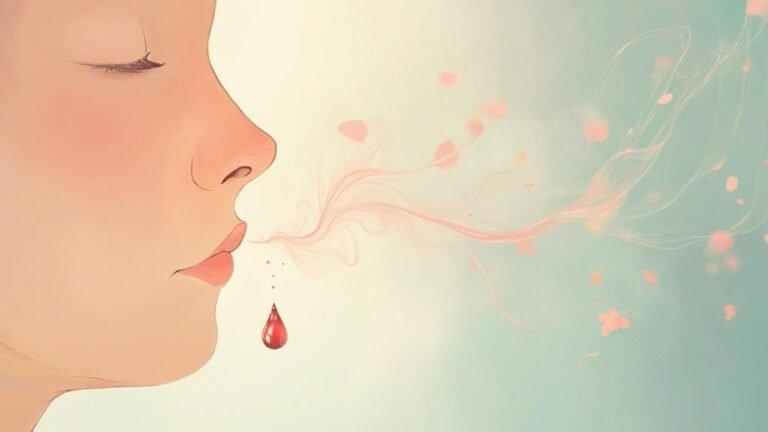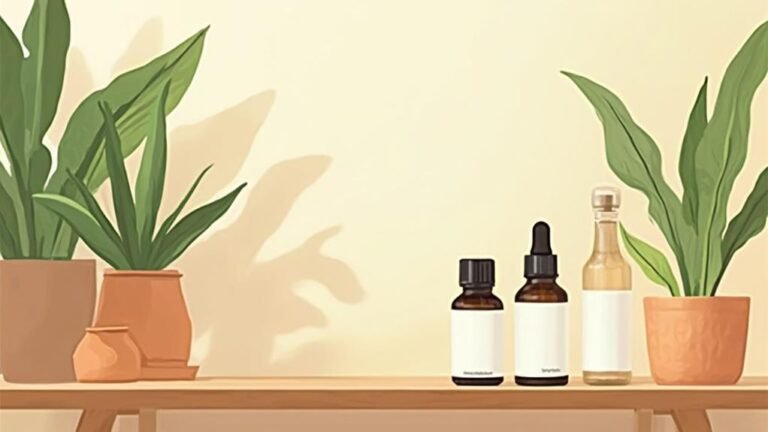Can You Leave Essential Oils in Your Hair Overnight?
Incorporating essential oils into your hair care routine can promote healthy growth and improve scalp health.
You can leave essential oils in your hair overnight, but it’s important to use them properly and according to your hair type to avoid potential issues like buildup, irritation, or greasiness. Here’s what you need to know:
Benefits of Leaving Essential Oils in Your Hair

Essential oils offer a range of benefits when left in the hair for extended periods, such as overnight:
- Stimulating Hair Growth: Essential oils like rosemary and peppermint increase blood flow to the scalp, which can help stimulate hair follicles and promote growth.
- Reducing Dandruff and Itchiness: Oils such as tea tree have antifungal and antibacterial properties that can help reduce dandruff and soothe an itchy scalp. Explore more about using essential oils safely.
- Improving Overall Hair Appearance: Certain essential oils can smooth the hair cuticle, making the hair look shinier and less frizzy.
Best Essential Oils for Hair
Listed below are some of the most effective essential oils and their benefits that can help you achieve healthier, stronger, and more beautiful hair. Learn about how these oils interact with mixed essential oil benefits.
| Essential Oil | Benefits |
|---|---|
| Rosemary | Increases blood flow, promotes hair growth |
| Peppermint | Cools the scalp, reduces dandruff |
| Tea Tree | Controls scalp infections, reduces dandruff |
| Lavender | Soothes an itchy scalp, reduces dandruff |
| Geranium | Balances scalp pH, reduces oil production |
Hair Type and Oil Compatibility

Different hair types require different essential oils for optimal benefits:
| Hair Type | Recommended Essential Oils |
|---|---|
| Dry/Damaged | Lavender, Chamomile |
| Oily | Tea Tree, Rosemary |
| Combination | A blend that caters to both dry and oily sections |
Additional Tips for Incorporating Essential Oils
- Scalp Massages: While applying essential oils, include a gentle scalp massage to enhance blood circulation and absorption.
- Essential Oil Blends: Consider these blends based on specific concerns:
- For Dry Hair: Lavender + Chamomile + Jojoba Oil
- For Oily Hair: Tea Tree + Rosemary + Grapeseed Oil
- For Dandruff: Tea Tree + Peppermint + Coconut Oil
- Heat Treatment: Use a warm towel or heating cap after application to facilitate deeper penetration of the oils.
- Frequency of Use: Here’s a suggested schedule:
- Dry/Damaged Hair: 2-3 times a week
- Normal Hair: 1-2 times a week
- Oily Hair: Once a week
- Alternative Applications: Add a few drops of essential oils to your regular conditioner or mix them into DIY hair masks.
- DIY Recipes:
- Moisturizing Hair Mask: Mix 1 tablespoon of honey, 1 tablespoon of olive oil, and 2 drops of lavender oil.
- Dandruff Treatment: Combine 2 tablespoons of coconut oil and 3 drops of tea tree oil.
- Hydration Reminder: Stay hydrated, as good hydration is essential for hair health.
- Mindful Usage: Listen to your scalp and hair needs. If irritation occurs, discontinue use and consult a professional.
- Seasonal Adjustments: Adjust your essential oil use with the changing seasons for optimal results.
How to Safely Leave Essential Oils in Your Hair
- Dilute Essential Oils: Always dilute essential oils with a carrier oil before applying them to your hair. A 1-3% dilution ratio (e.g., 1-3 drops of essential oil per 10ml of carrier oil) is recommended to avoid irritation.
- Apply to Hair and Scalp: Massage the diluted oil into your scalp and hair, ensuring even distribution. For people with dry hair, applying oil two to three times per week can be beneficial. For those with oily hair, it’s best to limit application to once per week.
- Overnight Treatment: Leaving essential oils in your hair overnight allows for deeper penetration and better absorption of the nutrients. However, be sure to wash it out in the morning to prevent buildup and maintain scalp health.
Potential Risks of Leaving Essential Oils in Your Hair
While leaving essential oils in your hair can be beneficial, there are potential risks to consider:
- Build-up and Residue: Prolonged use without proper cleansing can lead to buildup on the scalp and hair, making it look greasy and feel heavy.
- Irritation or Sensitivity: Some essential oils, if left on the scalp for too long, can cause irritation, redness, or flakiness, especially in individuals with sensitive skin.
- Photosensitivity: Certain essential oils can make your skin more sensitive to sunlight, increasing the risk of sunburn or damage.
When to Avoid Leaving Essential Oils in Your Hair
- Sensitive Scalp: If you have a sensitive scalp or are prone to irritation, it’s best to limit the duration you leave essential oils in your hair. Learn more about potential effects of essential oils on your skin.
- Oily Hair: Individuals with oily hair should be cautious as leaving oil in for too long can exacerbate greasiness.
- Fine Hair: Fine hair types may find that oils weigh down their hair, leading to a lack of volume.
How to Remove Essential Oils
To remove essential oils from your hair:
- Brush or Comb: Distribute the oils evenly through your hair before washing.
- Shampooing Steps:
- Wet your hair thoroughly.
- Apply a mild shampoo suitable for your hair type.
- Massage the shampoo into your scalp, focusing on areas where you applied the oils.
- Rinse thoroughly with warm water. Repeat if necessary.
- Condition: Follow up with a conditioner to restore moisture to your hair.
- Vinegar Rinse (if needed): Mix one tablespoon of apple cider vinegar with water and use it as a final rinse to remove any remaining residue.
Frequently Asked Questions
Can I Use Essential Oils in Dyed or Chemically Treated Hair?
Yes, you can use essential oils in dyed or chemically treated hair, but exercise caution. Start with small amounts and monitor the results closely. Always dilute essential oils with a carrier oil (1-3% concentration) and perform a patch test on a small section of hair before full application.
Are Essential Oils Safe for Use on a Scalp With Open Wounds?
No, using essential oils on a scalp with open wounds is not recommended. Essential oils are highly concentrated and can irritate open wounds, potentially slowing the healing process. It is crucial to consult a doctor or dermatologist before applying any essential oil to an open wound on the scalp.
Can Essential Oils Help Reduce Frizz and Add Shine to Hair?
Yes, certain essential oils can help reduce frizz and add shine to hair by smoothing the hair cuticle and providing nourishment. Argan oil is rich in antioxidants and fatty acids, which smooth the hair cuticle and add shine. Lavender oil calms the scalp and reduces frizz, while geranium oil balances the scalp’s natural pH, reducing frizz. Rosemary oil stimulates hair growth and improves circulation to the scalp.
How Do I Store Essential Oils to Maintain Their Potency?
Store essential oils in dark, airtight containers at room temperature, away from direct sunlight and heat sources. Ensure bottles are tightly sealed to prevent oxidation, which can degrade the oil’s quality. Regularly check expiration dates and look for signs of spoilage, such as changes in color or smell.
Can I Mix Essential Oils With Other Hair Care Products?
Yes, but exercise caution when mixing essential oils with other hair care products to avoid adverse reactions. As mentioned earlier, start with a small amount (about 1-2%) and test for any reactions or interactions before full application.
Conclusion
To safely incorporate essential oils into your hair care routine:
- Choose oils suitable for your hair type.
- Dilute essential oils with carrier oils (1-3% concentration).
- Avoid applying them for extended periods.
- Perform a patch test before full application.
By following these guidelines, you can enjoy the benefits of essential oils while maintaining healthy, balanced hair.







